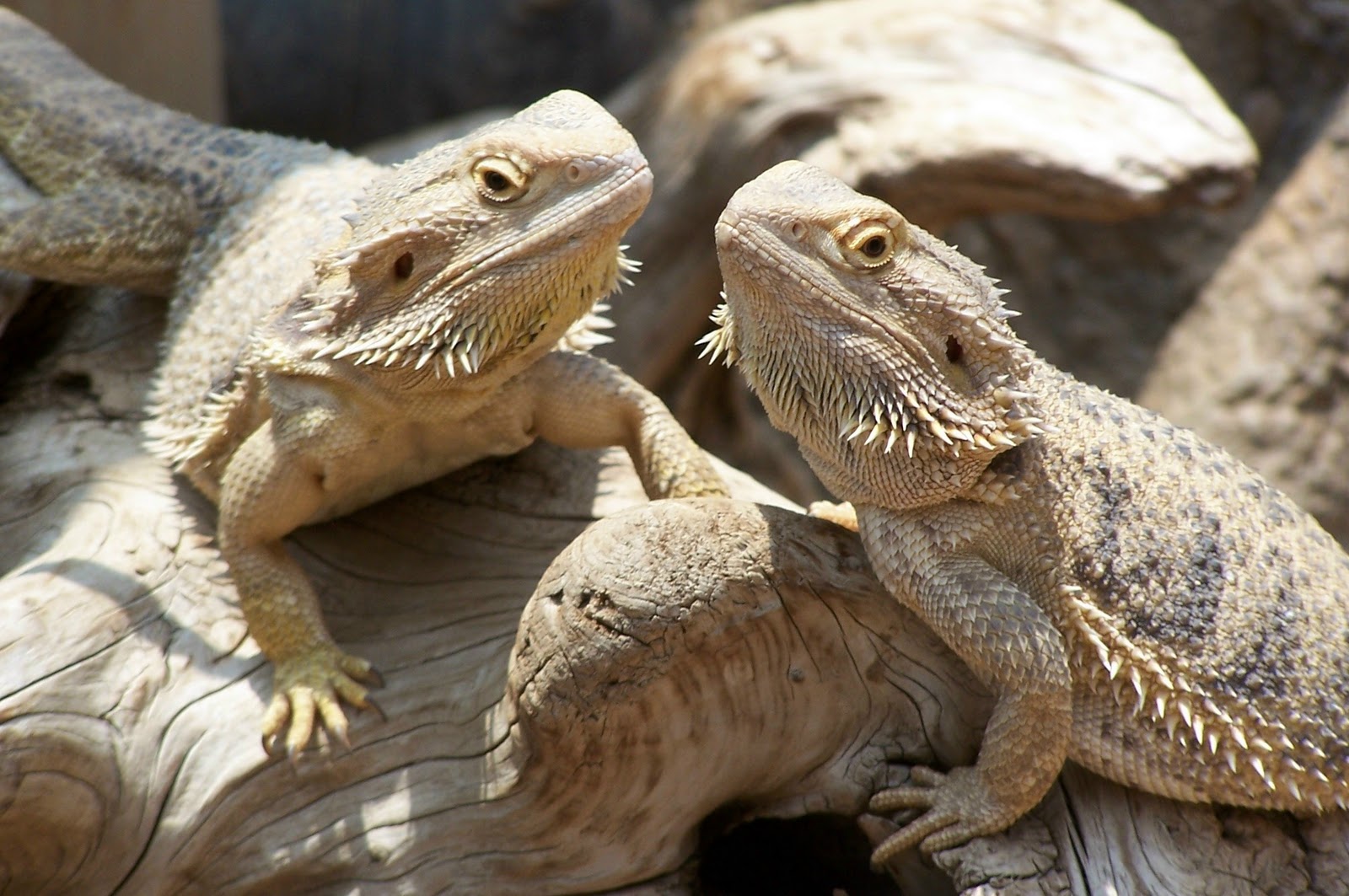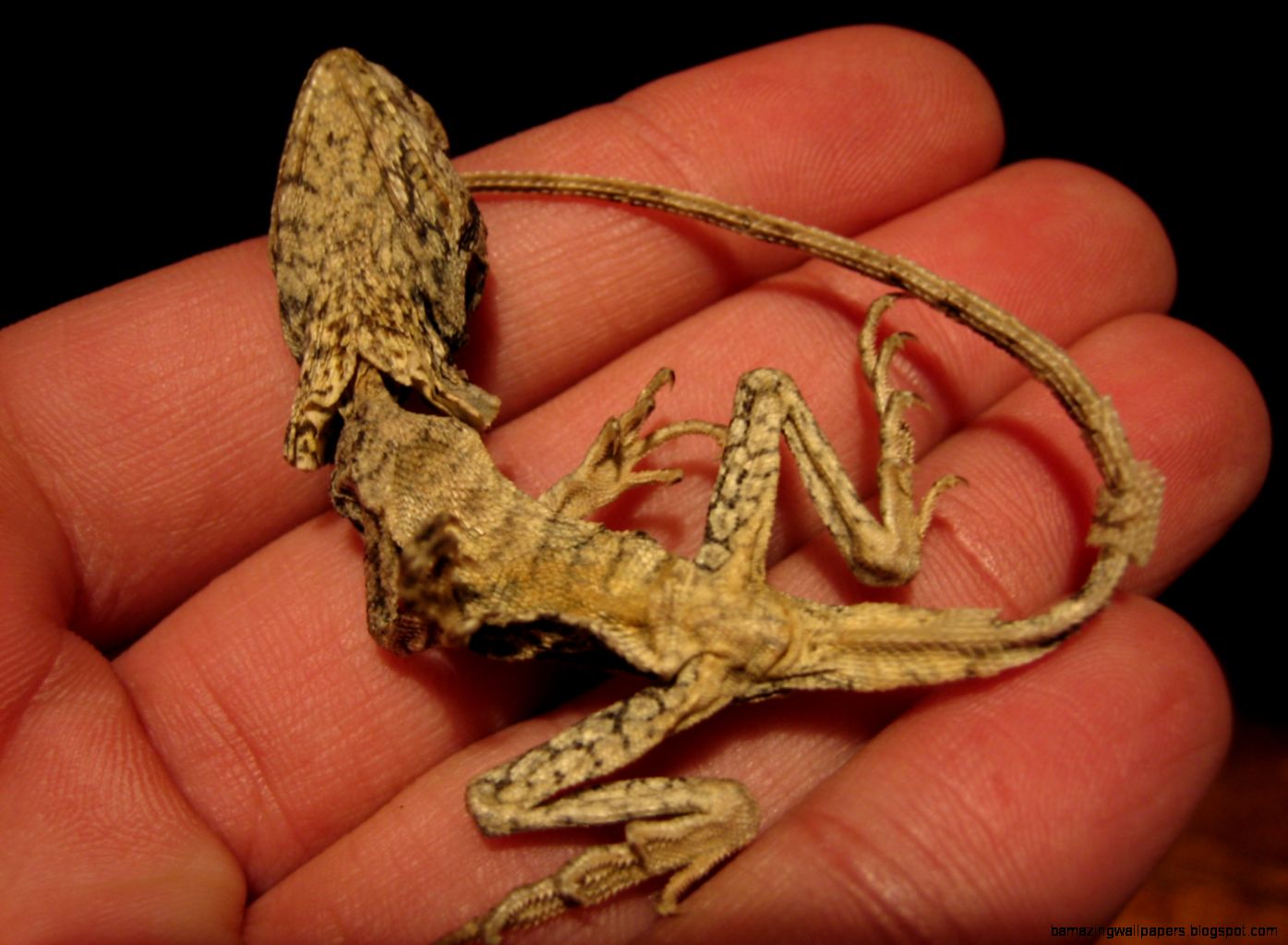The Ultimate Guide to Bearded Dragon Biting: Tips, Prevention and Treatment
Bearded Dragon Biting: Why Does it Happen?
Bearded dragons are popular pets around the world because of their adorable appearance and friendly demeanor. However, they can become aggressive and bite their owners or other animals under certain circumstances.
There are several factors that can make a bearded dragon bite. The most common ones include:
- Territorial behavior: If you put your hand or another object in your bearded dragon’s territory, it might feel like it’s a threat and bite to defend its space.
- Fear or stress: Loud noises, sudden movements, and unfamiliar surroundings can scare or stress out a bearded dragon, causing it to bite as a defensive reaction.
- Illness or pain: If a bearded dragon is sick, injured or in pain, it might lash out and bite because it doesn’t feel well.
- Hunger or thirst: If a bearded dragon is hungry or thirsty, it might think your fingers or anything else that looks like food are its next meal.
What to Do When a Bearded Dragon Bites You
If your bearded dragon bites you or someone else, it’s important to handle the situation calmly and safely. Here are some tips:
- Don’t panic or yell: Screaming or making loud noises can scare your bearded dragon even more, making it more likely to bite again.
- Don’t pull away forcefully: Be gentle and slow when you remove your finger or hand from the bearded dragon’s mouth to avoid hurting it or damaging its teeth.
- Wash the wound: Clean your wound with soap and water, apply a bandage, and monitor it for signs of infection.
- Leave the bearded dragon alone: After a biting incident, it’s best to give your bearded dragon some space and time to calm down and relax.
- Prevent future bites: Avoid situations or behaviors that could trigger your bearded dragon and make it bite again.
Preventing Bearded Dragon Biting
Preventing bearded dragon biting is essential to maintaining a healthy and happy relationship with your pet. Here are some tips to help prevent biting:
- Handle your bearded dragon gently and regularly: This will help your pet get used to your touch and reduce the likelihood of biting.
- Observe your bearded dragon’s body language: The signals that a bearded dragon is about to bite can include puffing up its beard, hissing, or backing away from you. If you notice these signs, give your pet some space.
- Avoid sudden movements and loud noises: Bearded dragons are sensitive to their environment, so keep the area around their habitat quiet and calm.
- Provide a good habitat: Make sure that your bearded dragon’s terrarium is big enough, has the right temperature, lighting, and humidity, and has plenty of hiding spots and enrichment activities.
- Feed your bearded dragon regularly and appropriately: Bearded dragons should be fed a varied diet including insects, vegetables, and fruits, based on their age and size. Don’t use your fingers to feed them, as they might mistake them for food and bite.
- Train your bearded dragon: Positive reinforcement training can help your bearded dragon learn new behaviors and reduce aggression.
Treatment for Bearded Dragon Biting
If your bearded dragon is biting frequently, it might have an underlying health issue or behavioral problem that needs to be addressed. Here are some treatment options:
- Take your bearded dragon to a veterinarian: A reptile vet can examine your bearded dragon, run tests, and diagnose any medical issues that might be causing biting.
- Consult with an animal behaviorist: If your bearded dragon has a behavioral problem, an animal behaviorist can help you identify the triggers and develop a plan to modify your pet’s behavior.
- Use medication: In some cases, medication might be prescribed to help your bearded dragon reduce aggression or anxiety.
- Provide a safe and separate habitat: If your bearded dragon is territorial or has aggressive tendencies, it might be necessary to provide a separate area for it to live in or interact with other animals.
Conclusion
Bearded dragon biting can be a stressful and painful experience for both pets and owners, but with the right prevention and treatment strategies, it can be minimized. Remember to handle your bearded dragon gently, provide a good habitat, and seek veterinary or behavioral help if needed. Happy petting!


![]()







